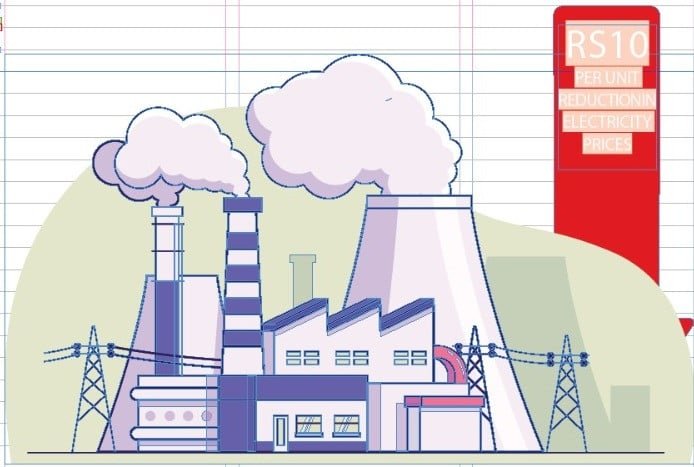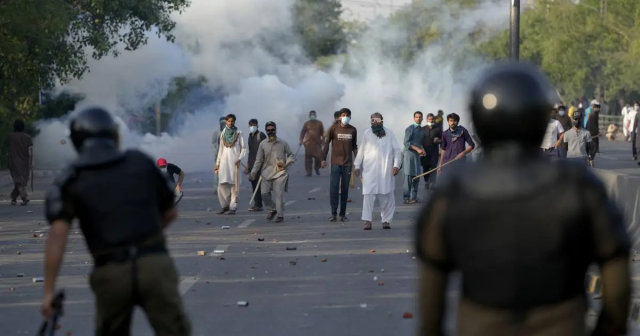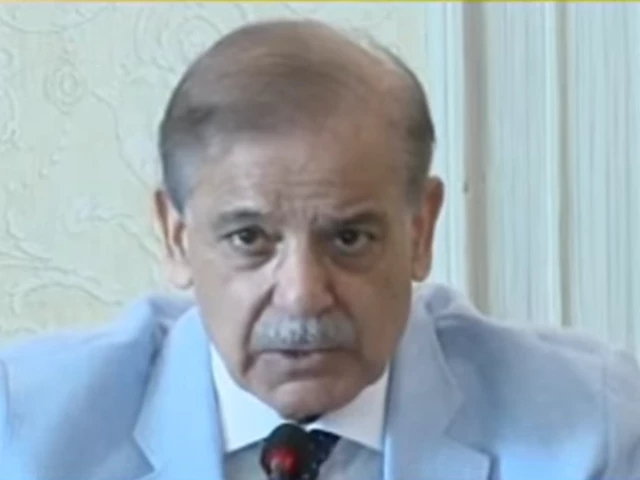Understanding the New Industrial Support Package: What It Means for Pakistan
The Pakistani government recently introduced an Industrial Support Package aimed at revitalizing the industrial and agricultural sectors struggling with high electricity prices. This initiative proposes a reduction of Rs10.5 per unit on the additional use of electricity, a move that could potentially boost demand, which has dipped significantly in recent years.
Power Minister Sardar Awais Laghari shared the details with representatives from international development organizations, seeking their support to make this proposal a reality. Interest from lenders is growing, but they’re raising eyebrows about whether this approach will lead to a sustainable increase in demand. New proposals must not only focus on pricing but also address the reliability of the national grid, which is crucial for any lasting improvements.
The government aims to make this support package cost-neutral and to avoid backlash from the International Monetary Fund (IMF), which previously rejected similar initiatives. The idea is to provide a subsidy that solely targets additional electricity consumption between December 2023 and November 2024. While this can make power more affordable for industrial users, it raises concerns about potential impacts on residential customers.
One significant aspect of this plan is its potential to incentivize businesses to return to the national grid. Over the past two years, industrial electricity demand has notably fallen by 20%. Many businesses have sought alternative energy solutions, contributing to a rise in net-metered industrial consumers, from around 1,570 in 2022 to nearly 6,900 in 2024.
However, the challenges are considerable. High electricity costs are making it tough for Pakistan to compete with neighboring countries like India and Bangladesh, where prices are significantly lower. Moreover, while the package may provide immediate relief, concerns linger about its long-term viability and the necessity for comprehensive reforms in the energy sector.
Simply put, this support package is a step in the right direction, but it requires careful planning and implementation to ensure genuine benefits extend beyond short-term relief. Combining effective pricing strategies with reliable infrastructure and service quality is key to successfully rejuvenating Pakistan’s industrial sector.
For those looking to stay updated on developments like this, Pro21st offers insights and analysis on energy policies and much more. Let’s connect and keep the conversation going!
At Pro21st, we believe in sharing updates that matter.
Stay connected for more real conversations, fresh insights, and 21st-century perspectives.





